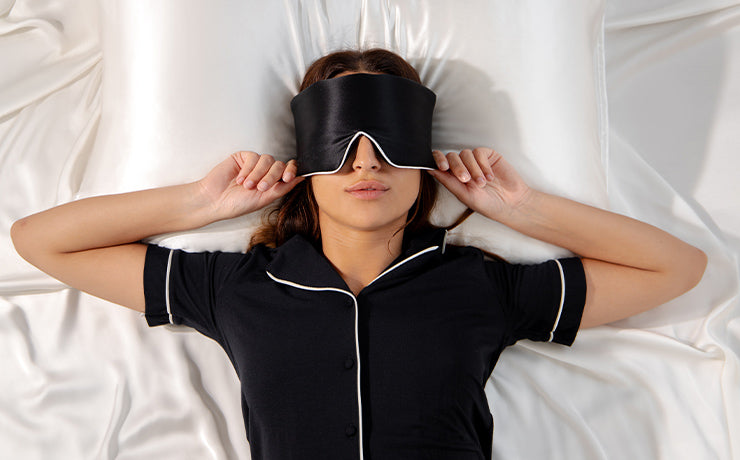Melatonin. Sleep help or sleep hoax?
Mela-who?
Melatonin, commonly known as a synthetic sleep aid, is also a hormone naturally secreted by the brain's Pineal gland, about the size of a pea. It's crucial for regulating your internal clock, managing the sleep-wake cycle, or the 'Circadian Rhythm' for those well-versed in sleep science.
Typically, melatonin levels in the brain start to rise in the evening, signaling it's almost time for sleep, usually kicking in about two hours before you decide to turn in. Hence, adhering to a consistent sleep schedule to encourage steady melatonin production is more beneficial than relying solely on supplements. Emphasizing the importance of a regular sleep routine cannot be overstated—consistency is key.
However, unlike prescription sleep aids, melatonin's role is not to hasten the onset of sleep but to modulate the timing of sleep. Since it requires time to take effect, taking melatonin just before bed is unlikely to induce immediate sleep. Effects are typically not felt until several hours later, often taking up to five hours to become noticeable.
In our modern, fast-moving, technology-laden world, maintaining a natural sleep cycle can be challenging. Lack of daylight exposure, evening use of electronic devices emitting blue light, and consuming caffeine late in the day can all disrupt your circadian rhythm.
For those experiencing disruptions in their internal clock and sleep disturbances, turning to over-the-counter "natural" supplements like melatonin is a common initial strategy for realignment.
Can taking extra melatonin really improve my sleep?
For each advocate praising melatonin's effectiveness, there's a skeptic dismissing it as a myth. The consensus among experts is that melatonin is not a cure for chronic insomnia. However, it has shown promise in managing sleep-wake cycle disorders, such as delayed sleep phase syndrome (DSPS) and potentially alleviating jet lag. For night shift workers or frequent travelers, melatonin might serve as a useful aid in recalibrating the body's internal clock when needed.
It's crucial to recognize that melatonin doesn't enhance the quality of sleep throughout the night. If falling asleep isn't your issue, but staying asleep is, then it's likely you don't have a sleep-wake cycle problem, and melatonin may not be beneficial.
While dependency is rare, melatonin supplementation is advised only for short-term usage. This caution stems from its largely unregulated status and the existence of some evidence indicating potential impacts on the immune and metabolic systems, as well as reproductive effects in animals, with a lack of comprehensive human studies on long-term use.
Consideration should also be given to the actual benefits of using melatonin for sleep, with some studies indicating that it may only hasten sleep onset by an average of 7 minutes.
Before considering melatonin, consulting a healthcare provider is essential to ensure it's suitable and to determine the appropriate dosage, minimizing the risk of side effects like increased blood pressure or morning drowsiness.
Remember, your Pineal gland naturally produces sufficient melatonin to regulate your circadian rhythm. The key is providing the right conditions for its release at the optimal times, helping you achieve regular, restful sleep each night.
The Drowsy sleep routine:
- Natural light during the day
- Exercise (but not too late)
- Don’t touch caffeine after midday
- Turn off screens 2 hours before bed






